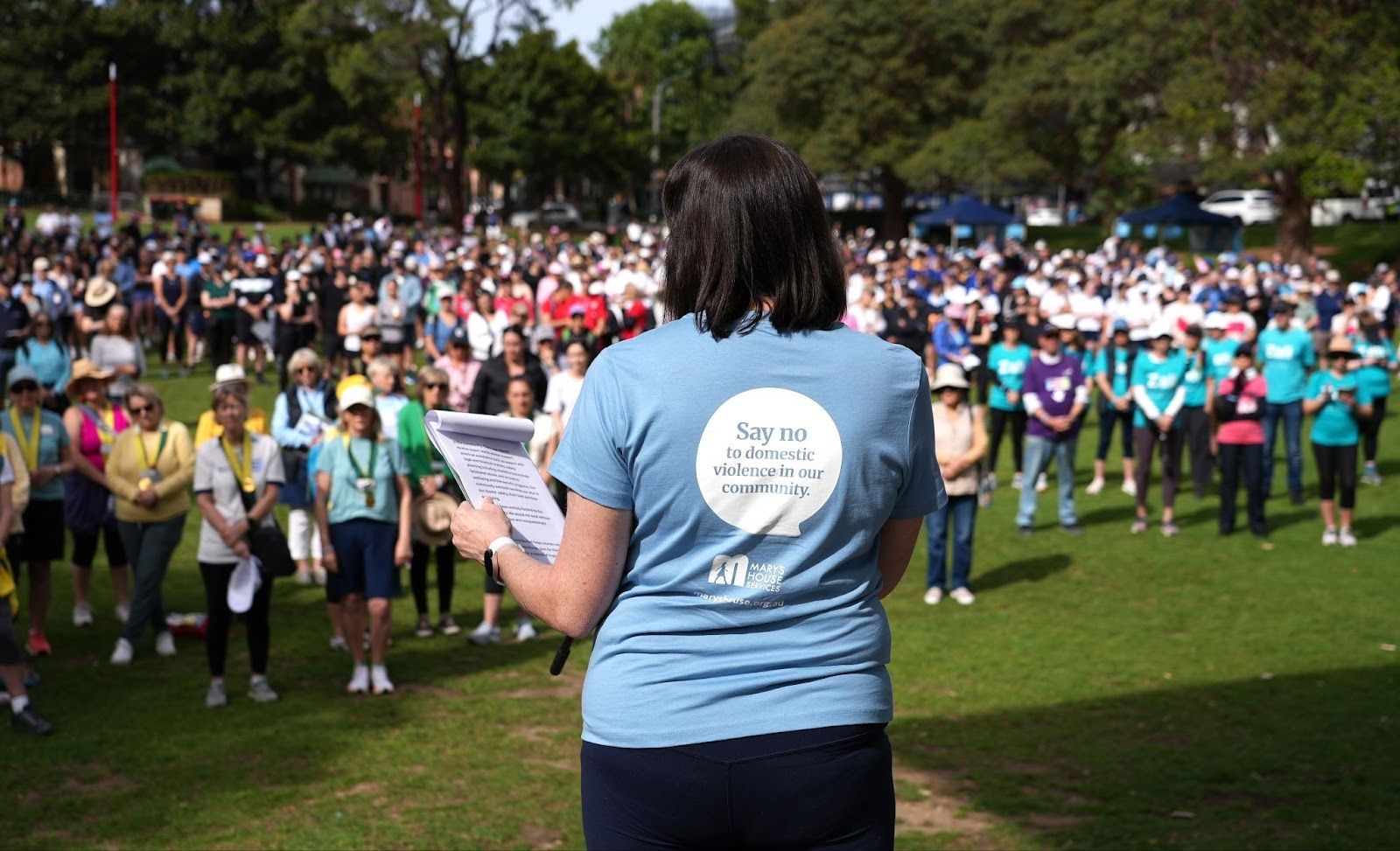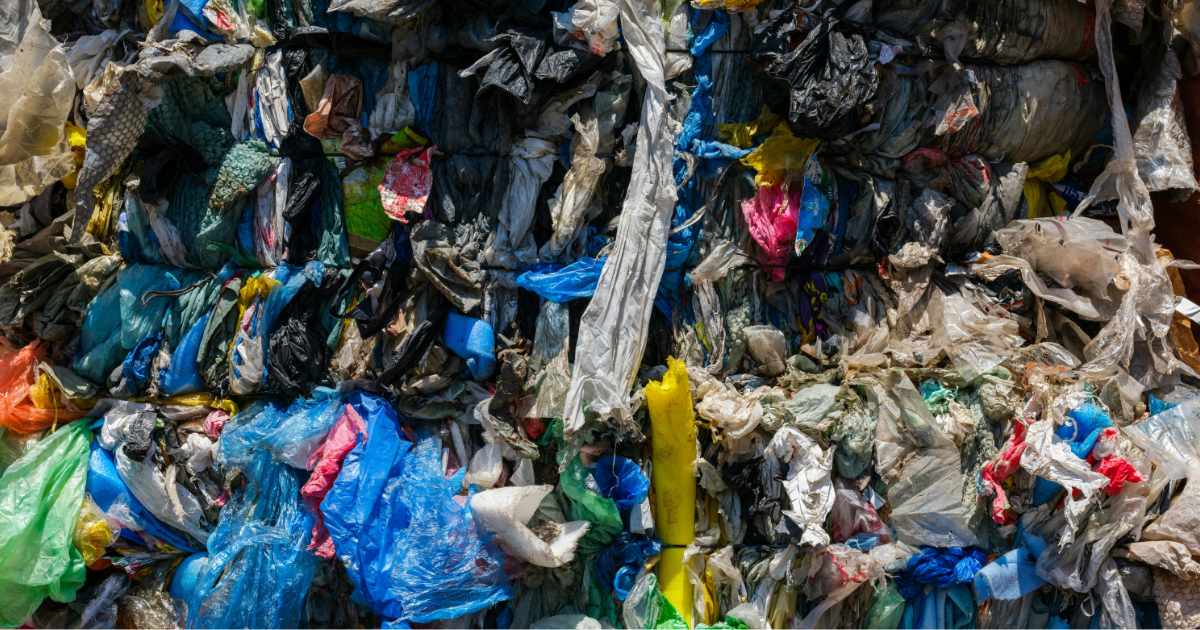“The rates are astronomical”: Mary’s House CEO on the reality of domestic and family violence on the North Shore
“The long and the short of it is that there is not enough crisis accommodation anywhere in NSW, let alone metropolitan Sydney.”

If you live on the North Shore, you’ve probably seen posters with Mary’s House logos on the backs of bathroom doors, usually at libraries and in bars. But who are they, and what exactly do they do?
The North Shore Lorikeet met with Mary’s House CEO Yvette Vignando on a brisk Thursday morning to find out.

Foyer area of Mary’s House offices

Yvette Vignando, CEO of Mary’s House (photo supplied by Mary’s House
On the lower North Shore, Mary’s House accommodates four women and their children fleeing domestic violence every night: that’s almost 16,000 nights of safe accommodation since they opened their doors in late 2016.
Most of their services are funded by community philanthropy and corporate donations.
“Sometimes I feel like I’m being melodramatic when I say to a donor: your donation is helping us save lives,” Yvette, who has had a wide-ranging career including legal practice, told the North Shore Lorikeet. “But the statistics show this is not hyperbole.”
In the last year, Mary’s House had to deny 118 women refuge due to “no vacancy”. According to Yvette, that number is increasing.

Community origins
The story of Mary’s House starts a decade ago when community members - including Our Lady of the Way Parish and other church groups - came together in recognition of the critical gap in services for women and children escaping family violence on the North Shore.
Now, Mary’s House is full almost every night of the year.
“The long and the short of it is that there is not enough crisis accommodation anywhere in NSW, let alone metropolitan Sydney.”
Yvette points to the Coroners Court domestic violence death review as proof “beyond any doubt” that it’s when a woman attempts to leave an abusive relationship she is at most risk of physical harm and homicide.
“Which is why services like Mary’s House are life saving services,” she said.
“Women can call us confidentially and say: I am wanting to leave this relationship, I don’t know how to do it safely, I don’t know where I’m going to live, I won’t have any money.”
Services like Mary’s House also work to break the cycle of abuse.
“If the safe parent can leave that abusive relationship early, then her children are less likely to grow up with that trauma and become future victims or perpetrators themselves,” she said.
“That’s where the government doesn’t quite get it.”
“They talk about primary prevention — like men’s behaviour change programs — which is very important, but [our data] paints a very different picture of where the government should be investing.”
A range of services on offer
Mary’s House offers various different, often complementary, services.
There is the refuge itself, which provides accommodation to on average nineteen women and their children a year for up to three months.
There are also therapeutic and wellbeing programs, case work done by family violence specialist social workers, and a housing coordination service which assists women to find transitional or permanent housing.
An auxiliary service they now provide is a “technology sweep” for technology-facilitated abuse.
“Tracking devices have been found in school calculators and in teddy bears,” Yvette said.
“The rates are astronomical”
Statistics from the NSW Bureau of Crime Statistics and Research (BOCSAR) show the North Sydney, Northern Beaches and Mosman LGAs have among the highest rates of alcohol-fuelled domestic violence incidents in Sydney.
According to Yvette, the reality is likely much worse.
“When you factor in that the women we work with haven’t ever talked to the police, the rates are astronomical.
“It’s widely known across the sector and by the government that the data we have is the tip of the iceberg.”
More transparency needed from government
Though the Prime Minster has declared family violence a national crisis, Yvette says it’s not being invested in as if it actually was one.
In its last budget, the NSW government announced it had allocated funds for improving its data collection strategy.
“We’re still waiting to hear what that means, what it looks like, and how long it’s going to take,” said Yvette, pointing to insufficient pressure on the government from both the data and the voting public.
“While I think individual politicians care deeply about this issue, and we have a national plan to eliminate violence against women and children, no state or territory government has outlined a budget for it.
“So we as the sector, and we the public, can’t go to the NSW or federal government and hold them to account.”
More funding needed
Mary’s House was recently granted a budget for casework services from the NSW government.
“We’re incredibly grateful … but [this] cannot cover the need across the northern suburbs of Sydney,” Yvette says.
“We remain almost entirely dependent on our community for our funds.”
Every October the organisation holds Mary’s House Walk, their major fundraising event. It takes place this year on October 26th.

Yvette Vignango, CEO of Mary’s House, speaking at last year’s Mary’s House Walk (photo supplied by Mary’s House)
If you or someone you know is experiencing domestic violence, help is available 24/7 by calling 1800RESPECT on 1800 737 732.
If you are concerned you are in an abusive relationship, the social workers at Mary’s House can offer you advice, referrals, and support. You do not have to live on the North Shore or even Sydney to access their services.
Mary’s House Services can be reached on 1800 002 111 and the line is open 9-5, five days a week.
If you are experiencing an emergency, call 000.

